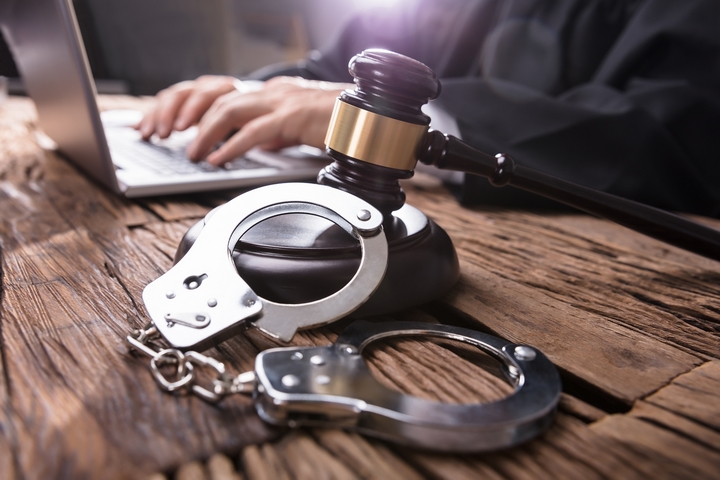Extradition means when one country officially asks another country to hand over an individual so they can deal with criminal accusations or complete a punishment. The process of extradition in Canada is controlled by the Extradition Act, and it can be complicated and frightening for those who are part of it. This article wants to give key advice for people being extradited from Canada; our goal is that these tips will assist them in comprehending their privileges as well as manage the legal surroundings efficiently.
Know Your Rights
In the situation of extradition, it is very important to know your legal rights. According to Canadian law, you have the right for a criminal lawyer Brampton and also have authority to dispute or contest the request for extradition. It is very important that you get advice from a lawyer who has good experience in handling cases related to extradition. Your attorney can aid in comprehending the accusations, the proof bolstering those charges and any possible defenses at your disposal.
The Extradition Hearing
The process for extradition starts off with an extradition hearing in a court of Canada. Here, the judge has to make sure if there is enough evidence supporting this request for your extradition. It’s not a trial where they decide if you are guilty or not; it’s more like a legal proceeding that checks whether the country asking has given adequate proof to warrant your handing over. The lawyer you engage will have a key part in showing your case and questioning the proof that the country asking for extradition puts forward.
Possible Defenses Against Extradition
There are various defenses that can be used to contest an extradition request. A frequently employed defense is the “double criminality” principle, which states that the claimed offense must be considered a crime both in Canada and in the country making the request. Another possible argument could be saying that this extradition is driven by politics or you might encounter unjust treatment or persecution if sent back to where they seek your extradition from. Thinking about human rights, like the danger of being tortured or treated in an inhumane way, could also be a reason for protesting against extradition.
Appealing an Extradition Order
If the judge says you must be sent back, you can argue against it. To do this, your case will go to a bigger court where more arguments and proofs can be shown. It is very important for you to move fast because there are strict time limits on when an appeal can be made. Your attorney may assist you in the appeal procedure, examining for any mistakes made during the first hearing and improving your reasons to reject extradition.
The Role of the Minister of Justice
In Canada, the Minister of Justice makes the final decision if someone should be extradited. After a court has given an extradition order, this person examines the case to make sure that extradition is not against Canadian law or principles of justice. You have the possibility to put forward submissions for the Minister’s review underlining any causes why your extradition must be declined. In a different perspective, the court can be called upon to question the choice made by the Minister if there are valid reasons for considering it as irrational or unjust.
When you confront the threat of being extradited, it’s natural to feel overwhelmed. However, comprehending the process and being aware of your rights can greatly help. By using the services of an experienced lawyer and employing available defenses, you may successfully oppose an extradition request and safeguard your legal rights. Keep in mind that dealing with extradition isn’t only about following legal procedures; it also necessitates addressing substantial human rights concerns for a just result.




